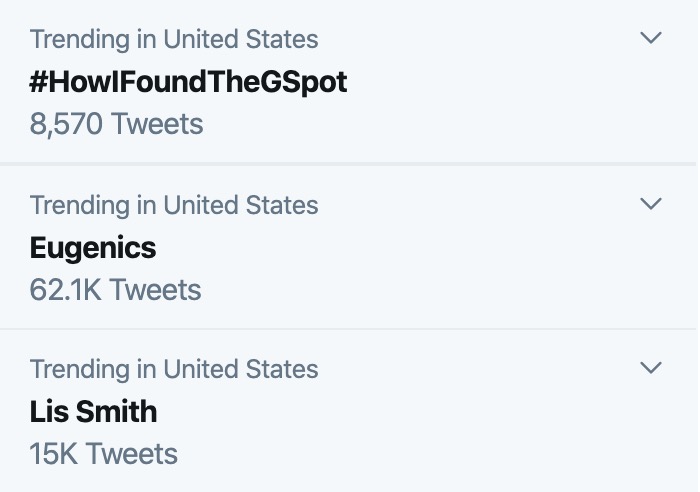
This past weekend, eugenics was trending on Twitter after Richard Dawkins tweeting about how Eugenics would ‘work’ even though it’s not ethical.
Needless to say, there is a lot to dig through when it comes to thinking about the body and it’s /utopic/ forms. It is frankly baffling how we networks and structures that operate on extremely high fidelities fail to consider the obvious variable of the privilege of access. Without getting into the act of refuting Dawkins, I pose the obvious questions: Whose body is to be augmented? Who has the access to a better self? Who needs to be bettered?
In recent times, India rolled out the National Registry of Citizens along with the Citizenship Amendment Act, so far primarily in Assam. Roughly a million people who applied to the registry (http://www.nrcassam.nic.in/index.html, a hideous website in all spheres) were excluded and put into detention centers.
The demos and the body as closely connected, the former being a collective of the latter. What bodies are allowed to be legitimized and validated is a question that informs societal protocol at several levels.
Technologically and in the digital space, as Edward Snowden outlines in his book Permanent Record, anonymity becomes a point of access where identity might disqualify someone from being privileged to certain information and spaces. When identity is no longer a variable to be scrutinized under, tools become relatively more democratic as intentional processes to exclude fail to be executed. Otherwise, the foci of preserving the supermacist culture of the oppressor and elitist gate-keeping permeate innovation in the guise of ‘betterment’.